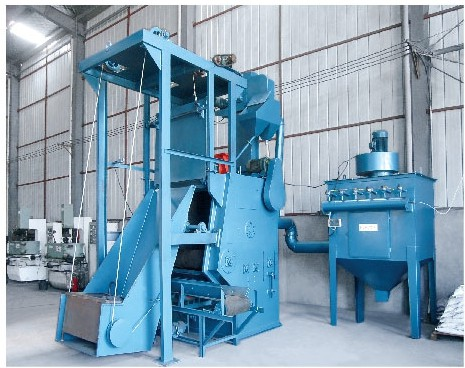The manufacturing process of aluminum alloy wheel hub is a complex and intricate process that requires a high level of precision and attention to detail. The process involves several stages, including casting, machining, finishing, and quality control. In this blog post, Ouya will explore each of these stages in detail and provide an overview of the manufacturing process of replica 19 inch aluminum alloy wheel hub.
Casting
The first stage of the manufacturing process of replica 19 inch aluminum alloy wheel hub is casting. This stage involves the creation of a mold that will be used to cast the wheel hub. The mold is typically made from a material such as sand or plaster and is designed to replicate the shape and size of the wheel hub.
Once the mold has been created, molten aluminum alloy is poured into the mold. The aluminum alloy used in the manufacturing process of replica 19 inch aluminum alloy wheel hub is typically a combination of aluminum, magnesium, and silicon. This combination of metals provides the wheel hub with the strength and durability required to withstand the rigors of daily use.
After the aluminum alloy has been poured into the mold, it is left to cool and solidify. Once the aluminum alloy has cooled and solidified, the mold is removed, and the casting is ready for the next stage of the manufacturing process.
Machining
The next stage of the manufacturing process of replica aluminum alloy wheel hub is machining. This stage involves the use of CNC machines to shape and refine the casting into the final shape of the wheel hub.
The first step in the machining process is to remove any excess material from the casting. This is done using a CNC machine that is programmed to remove the excess material in a precise and controlled manner. Once the excess material has been removed, the wheel hub is ready for further machining.
The next step in the machining process is to create the bolt pattern and center bore of the wheel hub. This is done using a CNC machine that is programmed to create the bolt pattern and center bore to the exact specifications required for the wheel hub.
Once the bolt pattern and center bore have been created, the wheel hub is ready for further machining. This may involve the creation of additional features such as spokes or a lip around the edge of the wheel hub.

Finishing
The next stage of the manufacturing process of 19 inch aluminum alloy wheel hub is finishing. This stage involves the application of a finish to the wheel hub to protect it from corrosion and to enhance its appearance.
The first step in the finishing process is to clean the wheel hub to remove any dirt or debris that may have accumulated during the machining process. This is typically done using a high-pressure washer or a chemical cleaning solution.
Once the wheel hub has been cleaned, it is ready for the application of the finish. The most common finishes used in the manufacturing process of replica aluminum alloy wheel hub are powder coating and chrome plating.
Powder coating involves the application of a dry powder to the surface of the wheel hub. The powder is then heated to a high temperature, causing it to melt and form a protective coating on the surface of the wheel hub.
Chrome plating involves the application of a thin layer of chrome to the surface of the wheel hub. The chrome is applied using an electroplating process, which involves the use of an electrical current to deposit the chrome onto the surface of the wheel hub.
Quality Control
The final stage of the manufacturing process of aluminum alloy wheel hub is quality control. This stage involves the inspection of the wheel hub to ensure that it meets the required specifications and standards.
The first step in the quality control process is to visually inspect the wheel hub for any defects or imperfections. This may involve the use of a magnifying glass or a microscope to inspect the surface of the wheel hub for any scratches, dents, or other defects.
Once the visual inspection has been completed, the wheel hub is subjected to a series of tests to ensure that it meets the required specifications and standards. These tests may include a hardness test, a corrosion resistance test, and a fatigue test.
If the wheel hub passes all of the required tests and inspections, it is ready to be packaged and shipped to the customer.
Conclusion
The manufacturing process of replica 19 inch aluminum alloy wheel hub is a complex and intricate process that requires a high level of precision and attention to detail. The process involves several stages, including casting, machining, finishing, and quality control.
Each stage of the manufacturing process is critical to the final product, and any errors or defects can result in a wheel hub that does not meet the required specifications and standards. By following a strict manufacturing process and conducting thorough quality control inspections, manufacturers can ensure that their replica 19 inch aluminum alloy wheel hubs are of the highest quality and meet the expectations of their customers.
Ouya
davidxu@ouyawchina.com





+ There are no comments
Add yours